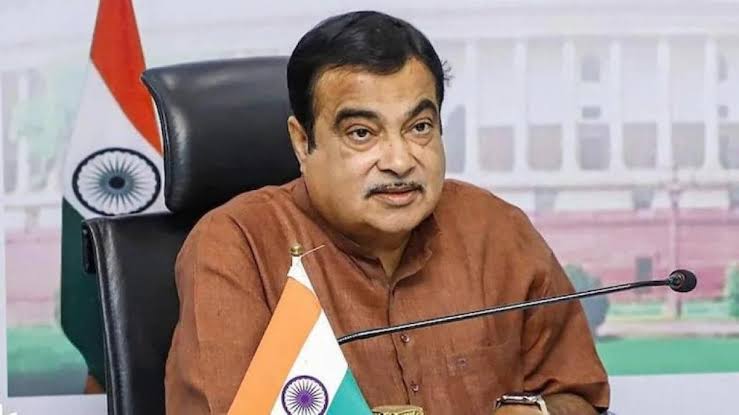Nitin Gadkari, the Minister of Road Transport and Highways in India, recently expressed strong opposition to the introduction of driverless cars in the country. During the Zero Mile Samvad hosted by IIM Nagpur, Gadkari voiced concerns about potential job losses for drivers, firmly stating, “I will never allow driverless cars to come into India because it will take away the jobs of several drivers, and I will not let that happen.”
Addressing road safety issues, Gadkari outlined various measures taken by the government. These include changes in automobile engineering, such as the incorporation of six airbags in cars, efforts to reduce black spots on roads, and an increase in fines through the Electric Motors Act. Gadkari highlighted the government’s commitment to road safety and mentioned the placement of ambulances and cranes to improve emergency response.
Despite his opposition to driverless cars, Gadkari welcomed Tesla to India. However, he specified a condition – Tesla cannot manufacture its vehicles in China for sales in India. He stated, “We will allow Tesla to come to India, but they cannot manufacture in China and sell it in India. That is an impossible thing to happen.”
Gadkari also underscored the importance of hydrogen as the fuel of the future and expressed the government’s commitment to adopting advanced technology to enhance public infrastructure. He emphasized, “Hydrogen is the futuristic fuel, and we are working towards bringing the best technology to help in enhancing public infrastructure.”
In the context of road safety, Gadkari mentioned the government’s initiatives, including awareness campaigns held annually. The implementation of the Electric Motors Act, leading to increased fines, reflects the government’s dedication to improving road safety standards.
In summary, Nitin Gadkari emphasized the government’s focus on road safety measures, expressed opposition to the introduction of driverless cars in India due to concerns about job losses, welcomed Tesla to India with a condition on manufacturing, and highlighted the importance of hydrogen as a future fuel for public infrastructure improvement.

